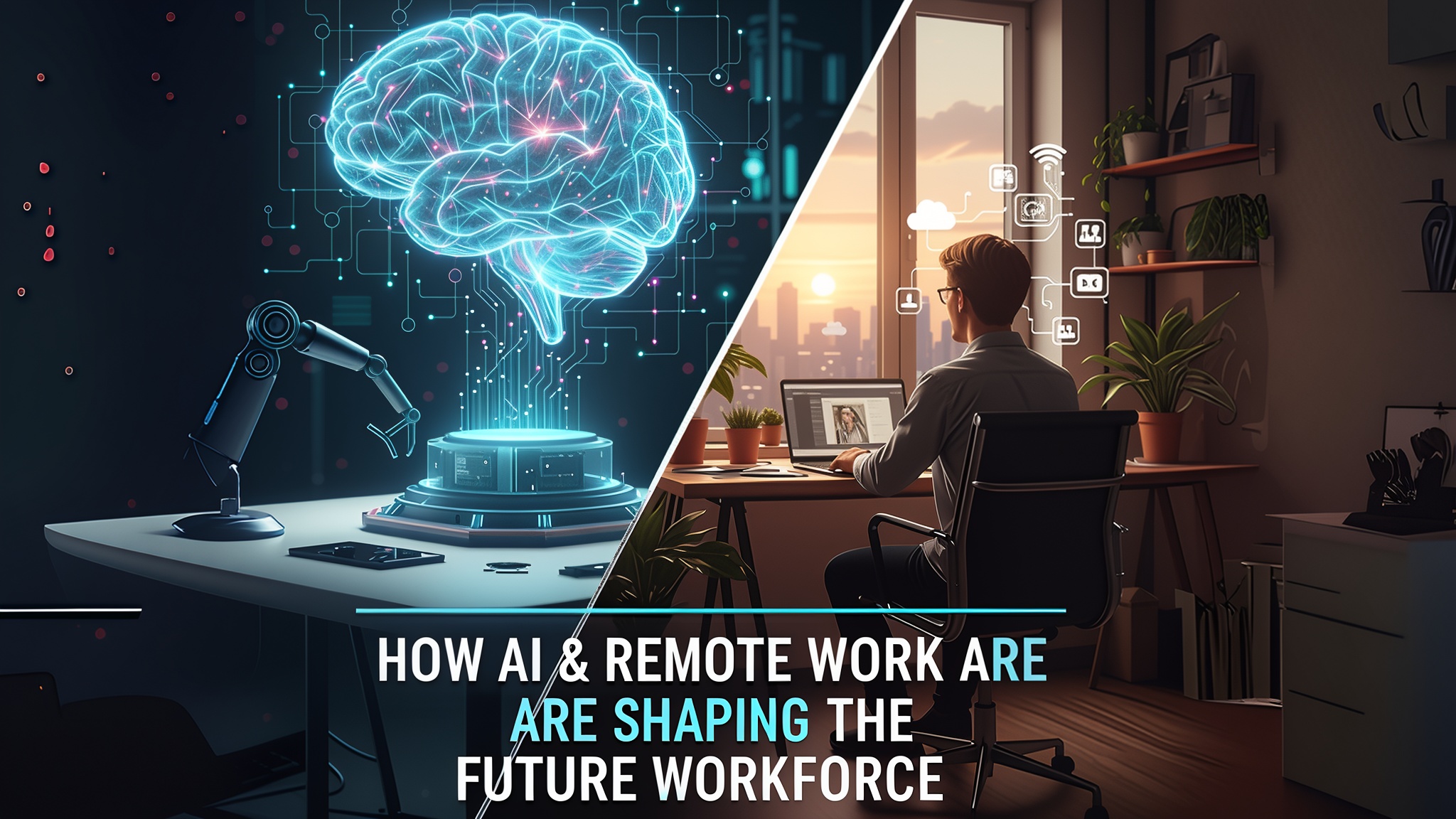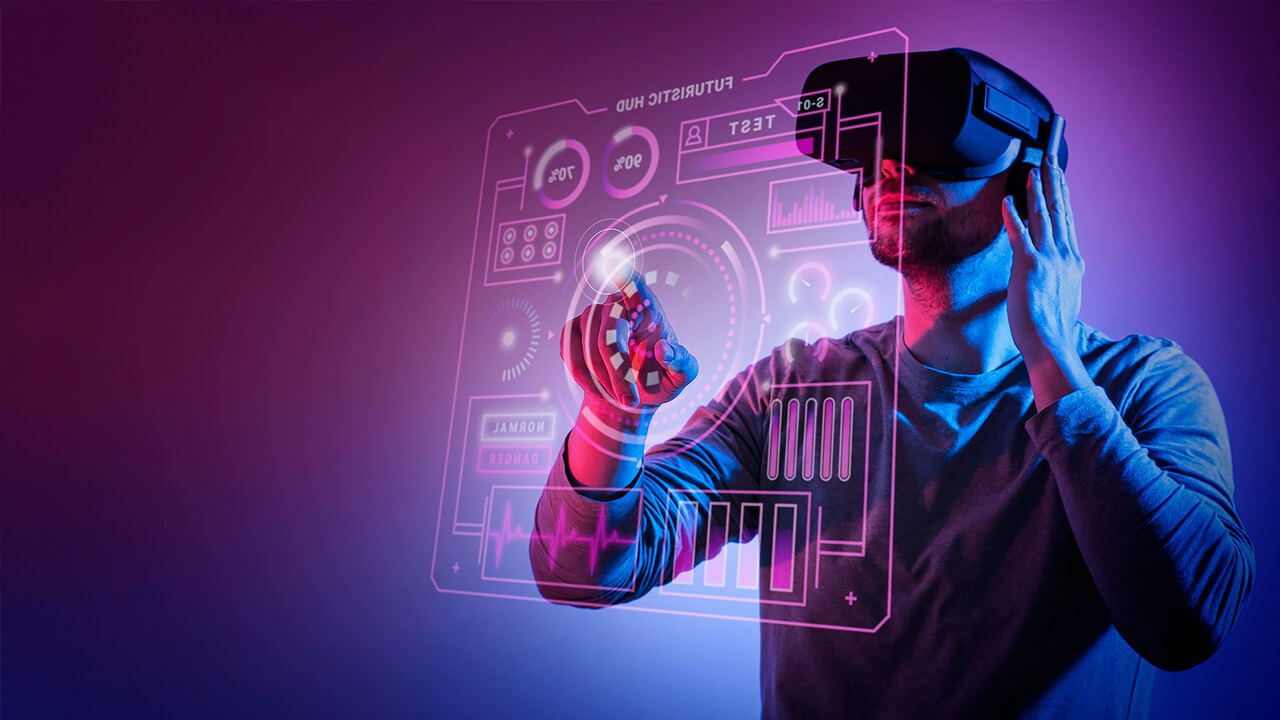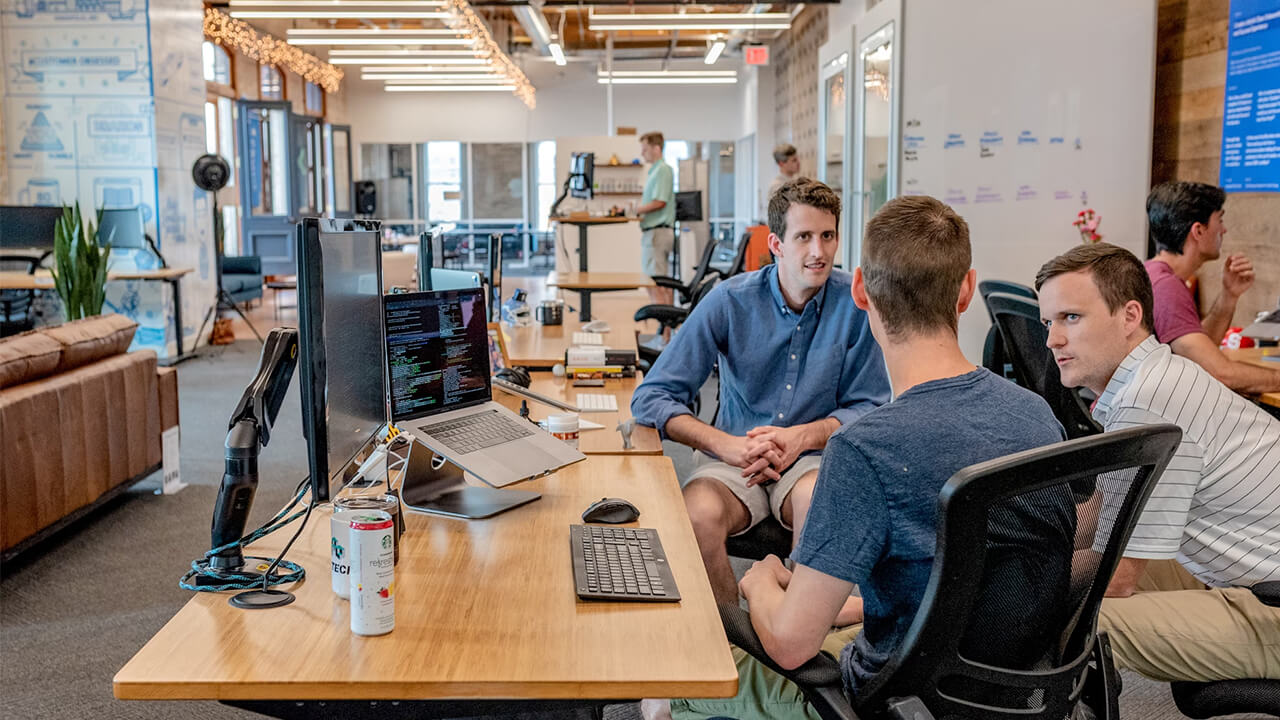The world of work is evolving at lightning speed. With artificial intelligence (AI) and remote work leading the charge, the traditional 9-to-5 office grind is quickly giving way to a more flexible, digital, and efficient era.
But what does this transformation mean for today’s professionals, employers, and job seekers? Are these innovations simplifying our lives—or creating new complexities?
Let’s dive in to see how AI and remote work are reshaping the global workforce, the opportunities they’re unlocking, and how you can stay ahead of the curve.
The Double Disruption: AI Meets Remote Work
AI and remote work aren’t just passing trends—they’re rewriting the rules of business. Each one alone has revolutionized how we work. Together, they’re reshaping industries at an unprecedented scale.
AI takes care of repetitive tasks, analyzes data, and boosts decision-making. Remote work, meanwhile, promotes flexibility, work-life balance, and global collaboration. Combined, they’re building a smarter, more connected, and more human-centered work model.
AI Is Automating the Everyday
From drafting emails to managing data, AI is taking over repetitive administrative work.
Tools like ChatGPT can write emails and reports, while AI-driven analytics instantly identify performance trends. In customer service, chatbots now resolve common queries, and in marketing, AI recommends data-backed strategies that once took teams weeks to design.
For employees, this means less time on mundane tasks and more focus on creativity, innovation, and strategy—as long as they’re ready to adapt and upskill.
Remote Work Is the New Normal
The pandemic proved that many jobs can be done from anywhere—and there’s no going back.
Remote work has shifted from being a perk to a mainstream standard, especially across tech, design, marketing, and education sectors. Companies benefit from reduced overhead, while employees enjoy flexibility and a better quality of life.
However, challenges remain—such as maintaining collaboration, preventing burnout, and separating work from personal life. Success in remote environments demands strong communication and clear boundaries.
Enter the Hybrid Workforce
The future isn’t fully remote or fully in-office—it’s hybrid.
In this new era:
-
People and AI work hand in hand.
-
Teams alternate between virtual and physical workspaces.
-
Flexibility replaces rigid routines.
The hybrid model promises efficiency and freedom—but it also requires new management styles, updated workflows, and continuous learning to stay aligned and effective.
The Skills of the Future
AI isn’t replacing humans—it’s amplifying those who know how to work with it.
Soft skills like emotional intelligence, adaptability, and communication are now career superpowers. Pair those with digital fluency—the ability to understand AI tools, data, and automation systems—and you’ve got an unbeatable combination.
In tomorrow’s job market, those who blend human empathy with technological expertise will thrive.
Managing in a Remote-First World
Leadership has also evolved. Managing remote or hybrid teams requires intentional communication, trust-building, and empathy.
Gone are the days of impromptu desk chats—leaders must now rely on digital tools like Slack, Notion, Zoom, and Asana, while fostering a culture rooted in connection and accountability.
Great leaders today are not just managers—they’re facilitators of clarity, motivation, and purpose across digital spaces.
The Upside: Opportunities Born from Change
While automation and distance can feel daunting, this transformation is creating massive opportunities across industries.
1. A More Diverse Workforce
Remote work opens the door to global hiring, enabling companies to tap into diverse talent from every background and location. It’s a win for inclusion, giving equal access to parents, rural workers, and people with disabilities.
2. New Roles and Career Paths
AI is birthing entirely new professions—roles like:
-
AI Trainers
-
Remote Operations Coordinators
-
Digital Wellbeing Specialists
-
Data Ethicists
-
Virtual Collaboration Consultants
These jobs didn’t exist 10 years ago—and even more are emerging as technology advances.
3. Better Work-Life Integration
With AI handling tedious work and remote setups enabling flexibility, employees now have more control over their time. That means better balance, reduced burnout, and a more sustainable lifestyle—if managed with discipline and focus.
Staying Human in a Digital World
The future of work will be defined not by machines, but by how humans use them.
AI and remote work are tools to enhance productivity, creativity, and inclusion, not replace them. To thrive, we must continue learning, adapting, and prioritizing what makes us human—empathy, connection, and purpose.
Final Words
The future workforce won’t be built by AI or remote work alone—it will be built by people who know how to harness both.
Technology may redefine how we work, but our values, skills, and adaptability will determine how successful we become in this new era. The winners will be those who stay curious, learn continuously, and embrace change instead of resisting it.
Because in the end, the real power of the future workforce isn’t artificial—it’s human.





